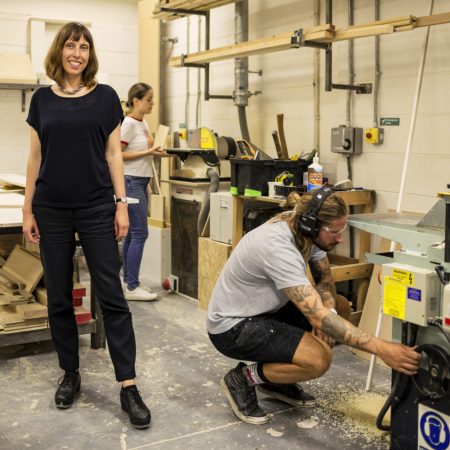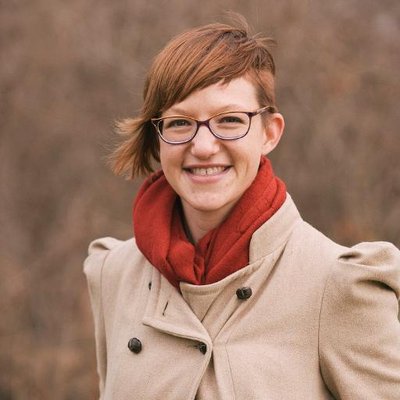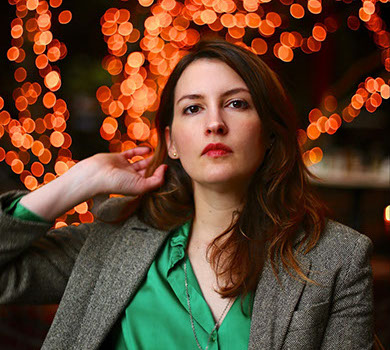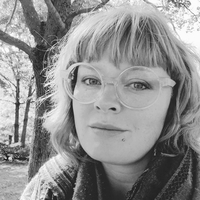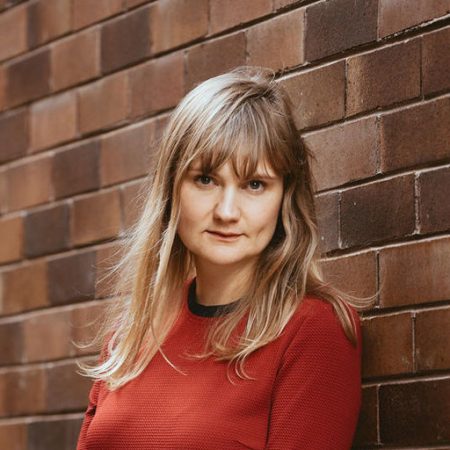IOTA Study Group:
curatorial
Laura Simpson
Artist
Laura Simpson is interested in artist development, residency programs, writing, commissioning and exhibition making in visual art and performance. She also has a particular interest in artists’ moving image.
Melanie Wilmink
Art Historian
Melanie Wilmink is a PhD candidate in Art History and Visual Culture at York University (On, Canada), with honours such as the 2014 York University Elia Scholars Award, and a 2015 SSHRC Doctoral Fellowship.
Emilie Reed
Curator
Emily Reed is an emerging curator, art historian and writer from the United States but currently based in Scotland. Her primary interest is investigating how art institutions are displaying and contextualizing videogame-based works.
Elizabeth Flyntz
Curator
Elizabeth Flyntz is a curator, information architect, and experience designer (who sometimes makes art) based in Brooklyn, NY. Her special areas of interest are early video art, experimental documentary, systems-based art, and usability.
Simon Biggs
Artist
Simon Biggs is a media artist, writer and curator working in digital poetics, interactive environments and interdisciplinary research.
María Luján Oulton
Artist
María Luján Oulton is a cultural producer specialized in video games, based in Buenos Aires, Argentina. She is the co-founder of Objeto A, an Art Gallery that evolved into a new media arts agency focused on fostering collaborations between artists, engineers and scientists.
Julie Hollenbach
Artist
Julie Hollenbach is an artist, writer, curator, and educator based out of Halifax, Nova Scotia (Canada). Her cultural work employs a queer feminist methodology. Hollembach's research and artistic production explores domesticity and feminine creative cultures, as well as the impact of neoliberalism on popular rhetorics of wellness.
Vanessa Bartlett
Research & Curator
Vanessa Bartlett is a researcher and curator working between Australia and the UK. She is in the process of completing a PhD at UNSW Art & Design, where her research investigates connections between digital technologies and psychological distress through reflective curatorial practice.
